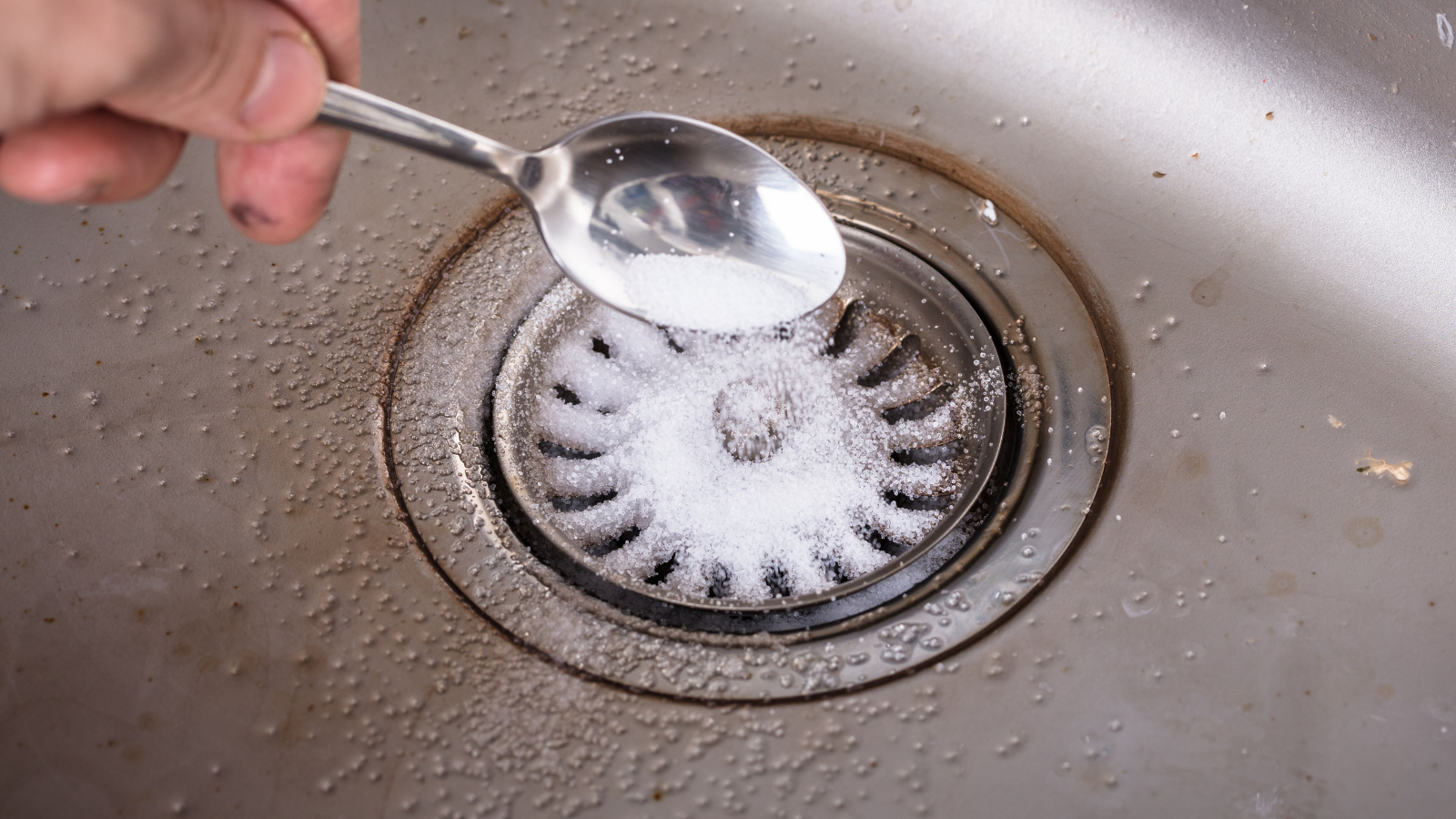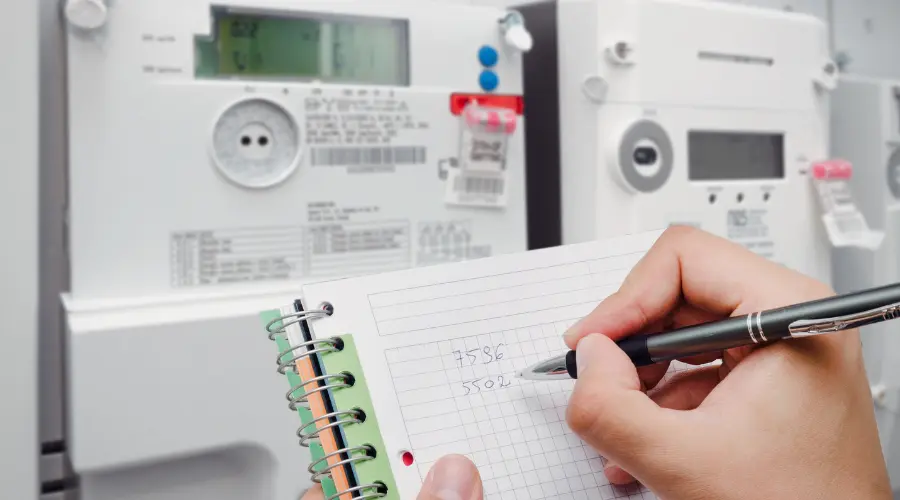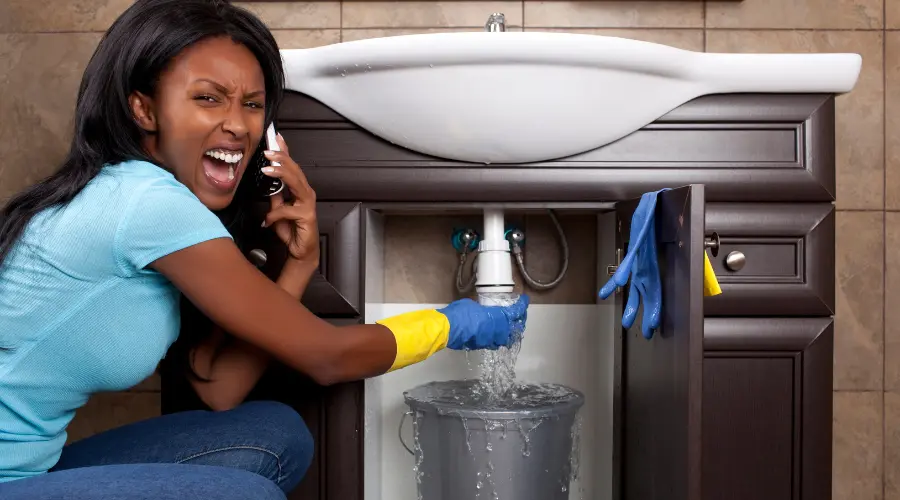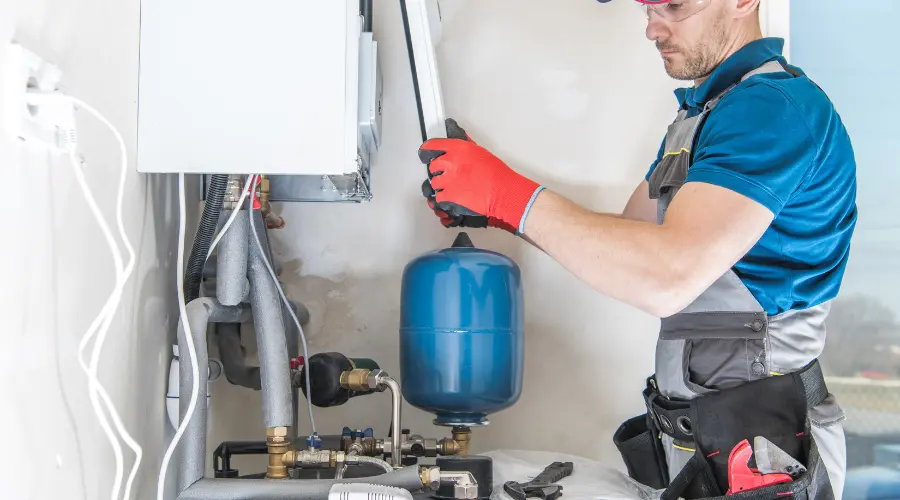Key Takeaway
- Chemical drain cleaners may seem like a quick fix for clogged pipes, but their risks far outweigh their benefits. These products, which often contain harsh chemicals like sulfuric acid or lye, can damage your plumbing, pose health hazards, and harm the environment. Safer alternatives can effectively resolve clogs without compromising your home or well-being.
What’s Wrong with Chemical Drain Cleaners?
Though frequently advertised as speedy solutions for clogged drains, chemical drain cleaners carry significant drawbacks. They typically contain aggressive chemicals such as sulfuric acid, hydrochloric acid, or lye, which are intended to dissolve blockages but can also inflict substantial damage on your plumbing system. These substances not only corrode pipes but also create health hazards and environmental concerns.
When it comes to plumbing, homeowners in West New York, New Jersey, and neighboring areas call West New York Plumber for top-notch service! From quick fixes to complex plumbing projects, no job is too big or small for our highly skilled team.
Why Chemical Drain Cleaners Are Harmful to Your Drains
Chemical drain cleaners work by using highly corrosive substances to break down clogs. While this might seem effective, the harsh nature of these chemicals can gradually erode your plumbing. Frequent use may weaken pipes, leading to leaks, deterioration, or even complete plumbing failure. The intense heat and corrosive effects of these cleaners can exacerbate existing problems or introduce new issues, compromising the integrity of your plumbing system.
How Do Chemical Drain Cleaners Work?
Chemical drain cleaners address blockages by initiating chemical reactions that dissolve substances like grease, hair, and soap scum. This process often involves generating significant heat and pressure to break down the clog. However, the excessive heat and pressure can damage pipes, especially in older or more delicate systems. If the cleaner fails to fully dissolve the blockage, it can create hazardous conditions and exacerbate plumbing problems.
What Are the Risks of Using Drain Cleaners?
1. Pipe Damage: The corrosive nature of chemical drain cleaners can weaken and damage pipes, leading to leaks and costly repairs. Repeated use can result in severe structural problems within your plumbing system.
2. Health Risks: The fumes and potential spills from these cleaners can cause respiratory issues, skin burns, and other health problems. Ensuring proper ventilation and careful handling is essential to minimize these risks.
3. Environmental Impact: When chemical drain cleaners enter the sewer system, they can contaminate water sources, harming wildlife and disrupting ecosystems. Their harsh chemicals contribute to long-term environmental damage.
4. Ineffectiveness: These cleaners may not always be effective, particularly against stubborn clogs. They can sometimes necessitate professional intervention, making their use potentially wasteful and leading to additional expenses.
Want to keep your pipes flowing smoothly? Discover effective drain cleaning techniques and preventive tips to avoid clogs and backups
Tips for Safer Alternatives to Clear Clogs
1. Plumbing Snake: Employing a manual or powered plumbing snake can effectively remove clogs without risking pipe damage. This method is a safer and more reliable option for your plumbing system.
2. Baking Soda and Vinegar: A combination of baking soda and vinegar is a natural, non-toxic solution that can address minor clogs and clean pipes without harsh chemicals. It is both environmentally friendly and gentle on your plumbing.
3. Boiling Water: Pouring boiling water down the drain can help clear blockages caused by grease and soap scum. This method is straightforward and effective for many common clogs without relying on chemical cleaners.
4. Professional Help: For persistent or severe clogs, consulting a professional plumber is the most reliable option. Experts have the necessary skills and tools to tackle the issue safely and effectively, avoiding the risks associated with chemical drain cleaners.
Conclusion
While chemical drain cleaners may appear to offer a convenient solution, their potential hazards make them a risky choice. They can damage your plumbing, pose serious health risks, and harm the environment. Opting for safer, natural alternatives or seeking professional help can address clogs effectively while protecting your home, health, and the planet.




